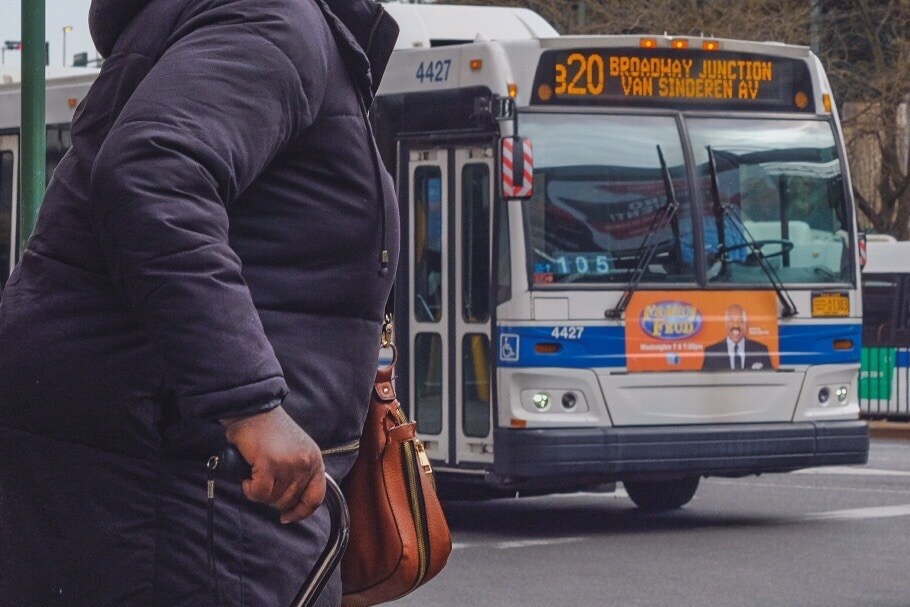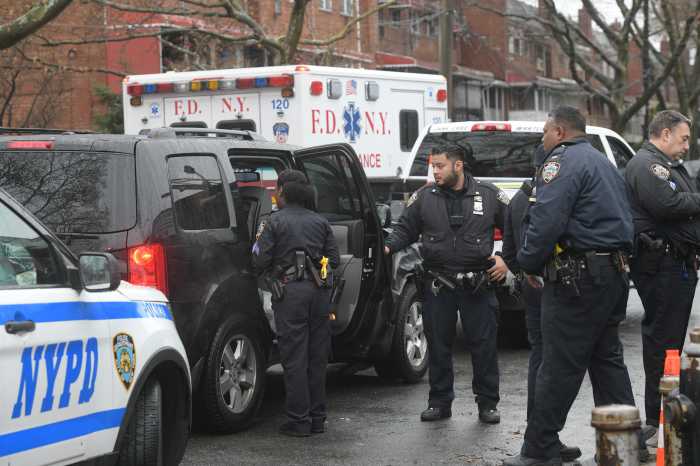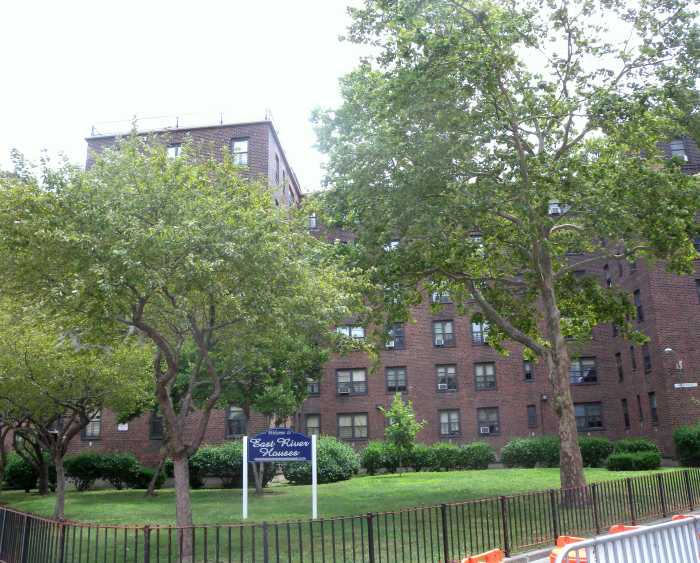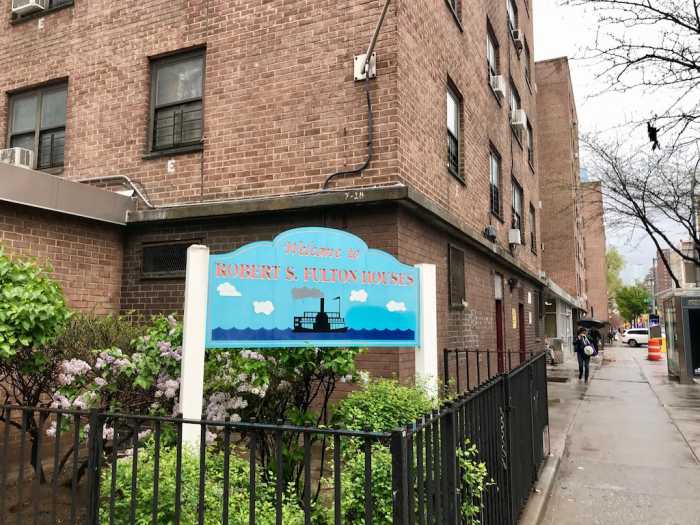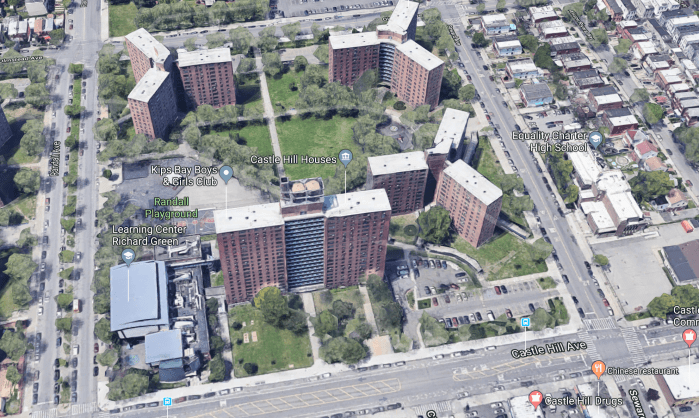The Metropolitan Transportation Authority will be providing rides to new vaccination sites at Medgar Evers College in Brooklyn and York College in Queens from NYCHA and community centers, Governor Andrew Cuomo announced on Monday.
This is just part of a larger plan for the state to conduct outreach via faith institutions in black and brown communities to encourage New Yorkers disproportionately impacted by both COVID-19 and uneven distribution of the vaccine both shots, according to the governor.
“COVID discriminates. COVID highlighted the injustice and racism in society. It’s not a pleasant statement but it is a true statement. I said that COVID created low tide in America,” Cuomo said. “I don’t like the word hesitancy. It’s an antiseptic word, it doesn’t really express what it is, it’s not that people are hesitant… It’s a lack of trust in the system by the black community. There are reasons to distrust the system.”
While details of the bus plan from the MTA is still pending, according to the governor’s office, the agency plans to add more stops and more dedicated service with an example of this being shuttle service from Hammel Houses to York College a higher frequency on the existing B49 bus route to Medgar Evers.
MTA’s trip planner at tripplanner.mta.info can be used to figure out the logistics of getting to vaccination appointments with the enhanced routes expected to upload by March 1.
“To help ensure New Yorkers have as many options as possible to travel to get their shots, starting on March 1 we will enhance service on bus routes that provide service from the key ZIP codes to these special vaccination sites,” interim NYC Transit President Sarah Feinberg said. “We need to do everything we can to vaccinate New York.”
The Monday announcement at Medgar Evers by the governor coincides with the first day in which the nightly closures on the subway have been reduced to two hours, rather than four from 1 a.m. to 5 a.m. which has become the norm since May 6 due to cleaning efforts.
After public concern over the overnight closure not only supposedly hindering the commute to and from for essential workers or the belief that no overnight service could stall vaccination efforts at 24-hour sites, the MTA plans to release ridership data about the first day of some restoration of service.



